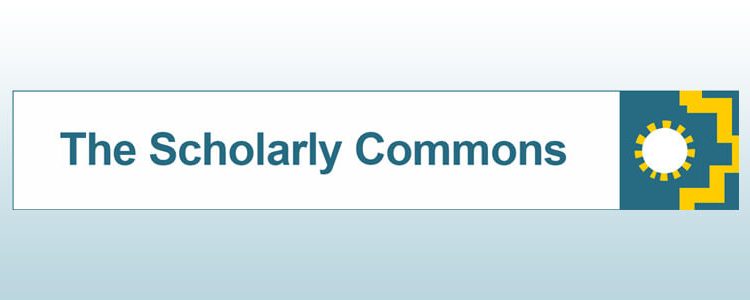Open Research Gets a Boost from Scholarly Commons

The process of research seems simple from the outside: read, experiment, publish, and repeat. Yet, paywalls formed by national or cultural groups is a barrier to scholarly communication. Scholarly Commons and its working group, the Scholarly Commons Working Group, seek to change that. In their effort to advance scholarship dissemination, more work would ensure the enhanced inclusion of all who wish to participate in science.
Open research should be inclusive and facilitate the participation of all stakeholders of science. Although publications in journals and scholarly communication initiatives, largely drive research narratives, North American and Western European perspectives often dominate these narratives. This may result in the exclusion of diverse voices from around the world. Now, Scholarly Commons aims to move from open access to a diverse and inclusive open access
Scholarly Commons
Scholarly Commons is a group created by the Future of Research Communications and e-Scholarship (FORCE 11). At its most fundamental level, the group believes that scholarly communication should be open and accessible for all to participate in.
Accordingly, Scholarly Commons has established principles to guide practicing and supporting research that is engaging with all parties:
- Knowledge producers and users agree to share the Scholarly Commons
- Research and knowledge should be freely accessible
- All who desire to participate in research should be free to do so
In an effort to support researchers from around the world to participate in this community, the commons created three rules:
- All members are equal and are granted access, opportunity, and attribution for sharing or using knowledge
- There are no preferences for research methods
- Any outside systems (that may reward users) must not violate the rules and principles of the commons
Opening up Research
In an effort to keep their progress going, the commons established the Scholarly Commons Working Group, which facilitates these objectives. To do so, they meet regularly to assess the effectiveness of their activities that promote diversity and inclusion. They also seek to update their principles that promote the commons goals while designing decision-making trees that help knowledge users and providers maintain compliance with licensing. They further identify and cultivate technologies that support the efforts of the commons.
Whether you’re a student, a scientist, a common citizen, a publisher, or a university administrator, everyone can participate by providing or accessing knowledge (e.g., data, software, etc.). Simply start by using their decision-making trees and supporting resources to determine what you can contribute or which repositories to use
Ultimately, the process of research involves scholarly communication and engagement with all stakeholders. The Scholarly Commons and its working group seek to develop an open scholarship ecosystem that is inclusive of different research voices from around the world. Furthermore, they seek to make open access open to all!









